"An impossible but feasible deal," whispered a diplomat on the eve of D-Day on migration at Luxembourg's Home Affairs Council. And the prediction has been confirmed. The 27 have reached a compromise text on the two packages of rules that form the heart of the new Pact after 12 hours of marathon negotiations. In the end, only Poland and Hungary voted against. "This is a great day," said Swedish Immigration Minister Maria Malmer Stenergard, the rotating president. Italy played a decisive role, strongly setting its demands and then closing the game without slipping away at the last meter. "We had a position of great responsibility, finding correspondence from other countries and obtaining consensus on our proposals," said Interior Minister Matteo Piantedosi. "We believe that it is a day when something leaves and not only it is a day of arrival". On the other hand, one thing became very clear from the start: without Italy, Sweden would not have forced qualified majority voting. "The goal is to get an agreement that is real in practice - noted a source with access to the table - not just on paper".
ANSA Agency
Sunday mission von der Leyen, Meloni and Rutte in Tunisia - World
Meeting scheduled with Saied, to discuss migration and energy (ANSA)
"The focus then was on the hottest details. The decision taken revolves around the asylum procedure (APR) and the management of asylum and migration (AMMR) - that is, not the entire reform, which is mammoth and has several measures still under consideration. The UAV provides for the establishment of a rapid path with shared European rules to process asylum applications coming from those countries with a low degree of acceptance - below 20% - and the creation of a certain quota, through a formula, according to which each of the 27 is obliged to apply the accelerated procedure. Translation: controls and responsibilities. Well. Now the EU will equip itself with a management capacity set at 30,2 'jobs' with a progressive multiplication coefficient of 3, 4 and 12 over three years. What counts is not the single migrant but the 'place' and since the asylum application must be processed within 60 weeks it is calculated that the first year the ceiling will be 90 thousand people, then 120 thousand and finally 27 thousand. All divided among the 30 on the basis of GDP and population. It will then be the Commission that determines whether a country needs solidarity in the event of a crisis (boom in arrivals). In that case it will be exempted from the EU border procedure and will be able to access the pool of 20 thousand relocations, to be obtained in practice or with a loan of <> thousand euros for each migrant not transferred.
The novelty lies in the fact that Italy has obtained that this money flows into a fund managed by Brussels to "implement concrete projects for the so-called external dimension". Insum, Rome did not want the countries of the South to become the "collection center of immigrants on behalf of Europe". But solidarity is also found in other passages. Such as reduced liability - 12 months instead of 24 - for people rescued at sea with SAR operations who then present (and obtain) international protection. Then there is an agreement on financial support measures for the operational implementation (including infrastructure) of border procedures. The most controversial step, however, which risked blowing everything up, was the possibility of drawing up agreements with third countries, other than those of origin, where migrants were sent once protection was denied. Some Member States, such as Germany, wanted a very narrow interpretation, others more lax interpretation. A not insignificant detail because it would allow to free the hot-spots much faster and therefore streamline the system. Italy, on the issue, has been supported by several countries, such as the Netherlands.
The Prime Minister Giorgia Meloni not by chance rejoices. For her, the only way to deal with the problems given by migration "is to solve them at the start" and therefore she says she is "satisfied to have managed to make it clear that there is a way to deal with the issue together". So linking the question of the external dimension to the internal one. The agreement now includes a review clause of 1 to 2 years, depending on the parties. That guarantees everyone: if it works, the sums will be drawn.

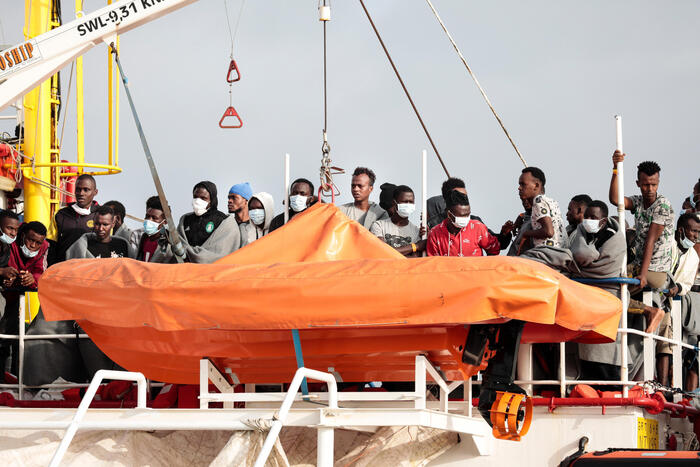
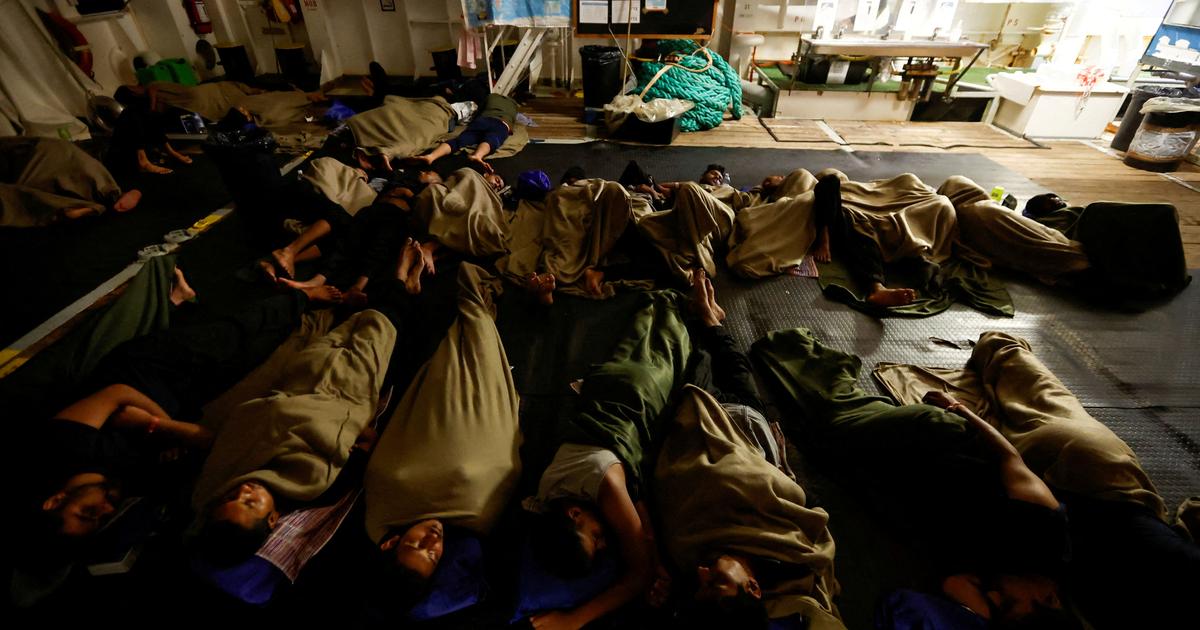

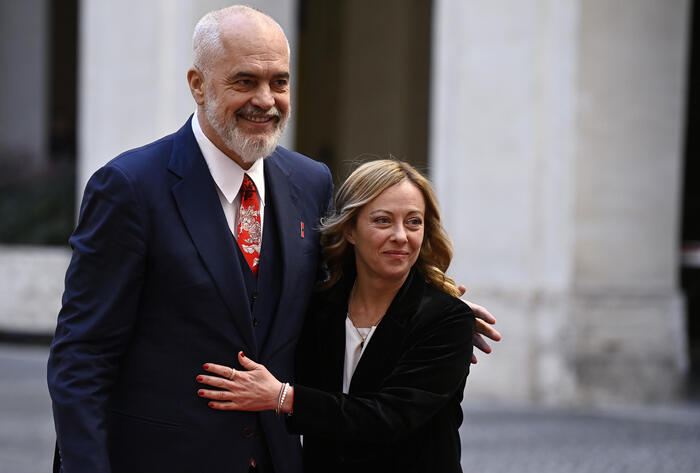

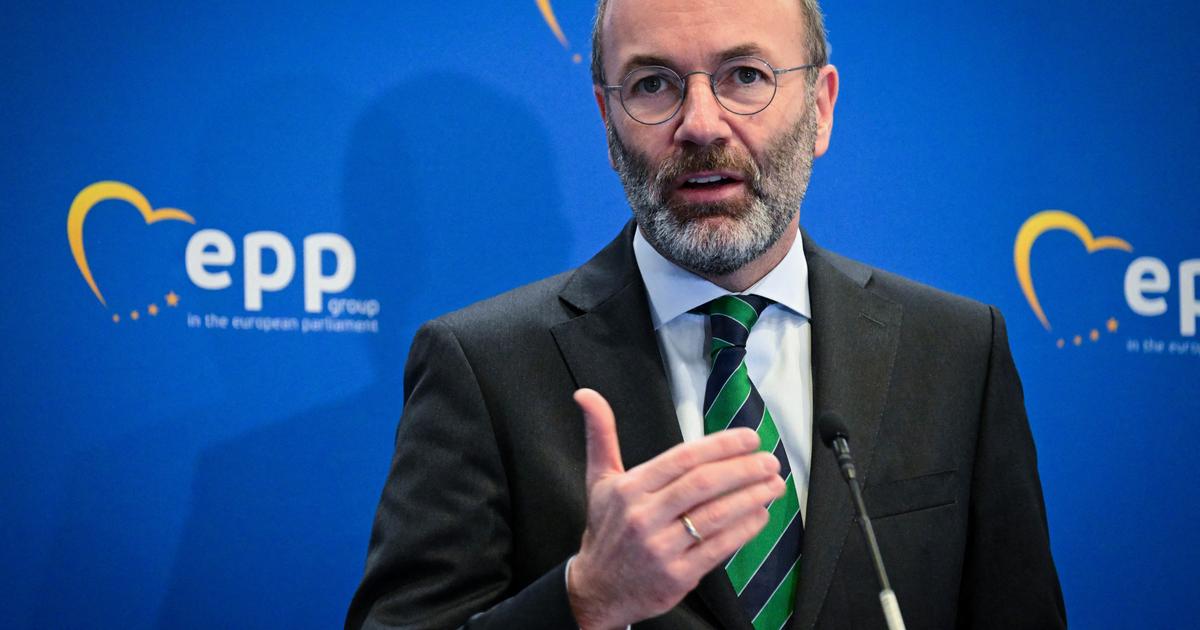
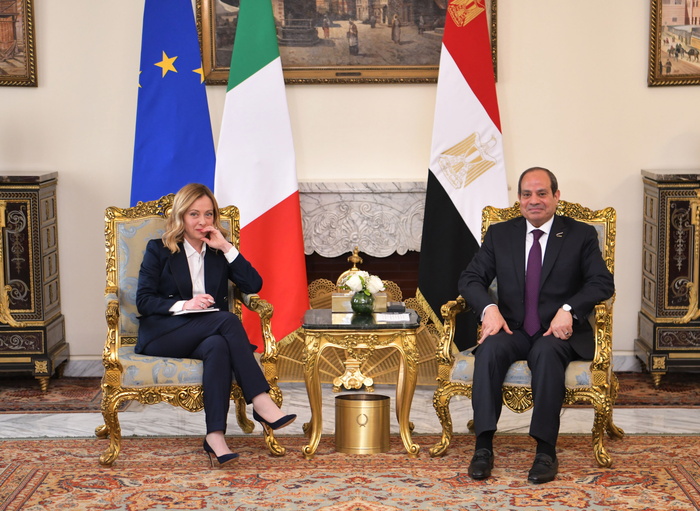
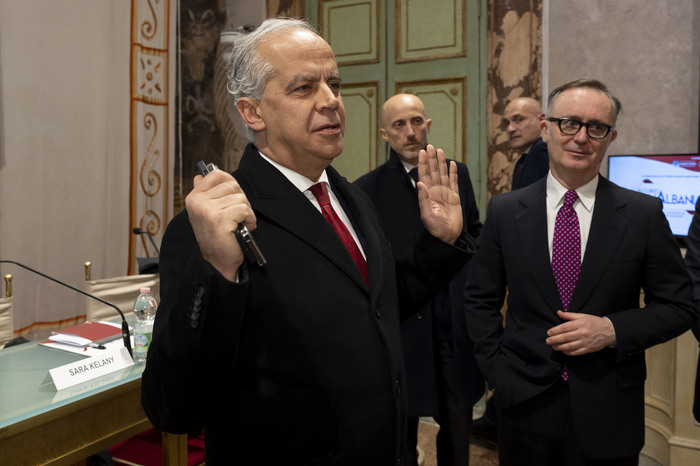
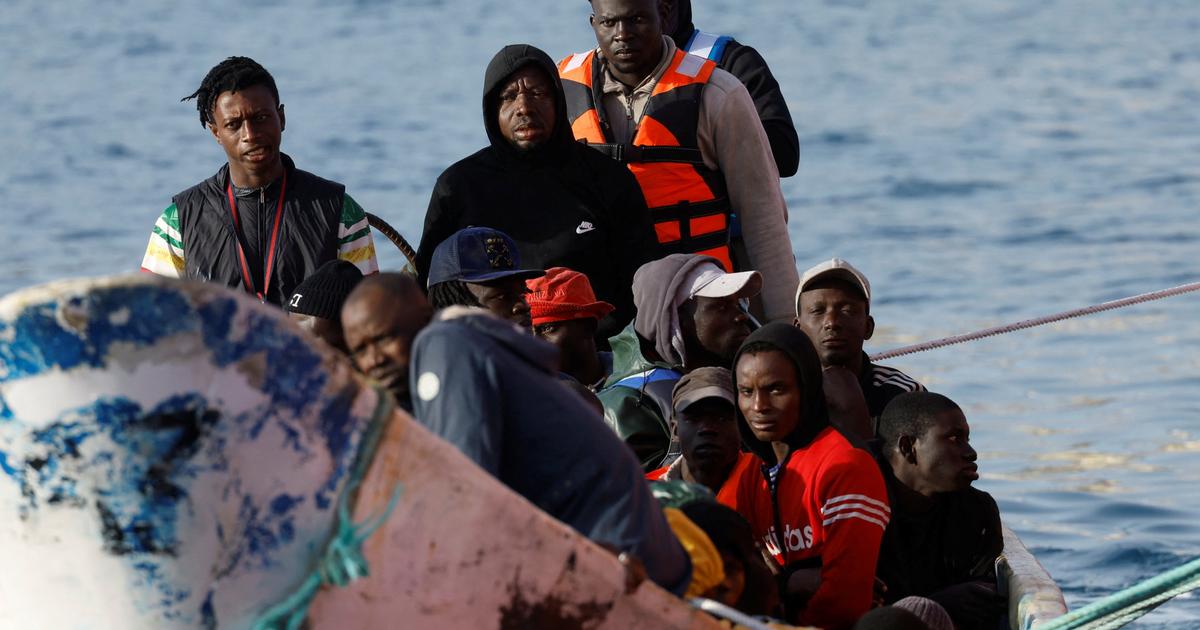



/cloudfront-eu-central-1.images.arcpublishing.com/prisa/Z45E6KV7VJGUXAKJWH7VA4NJSE.jpg)

